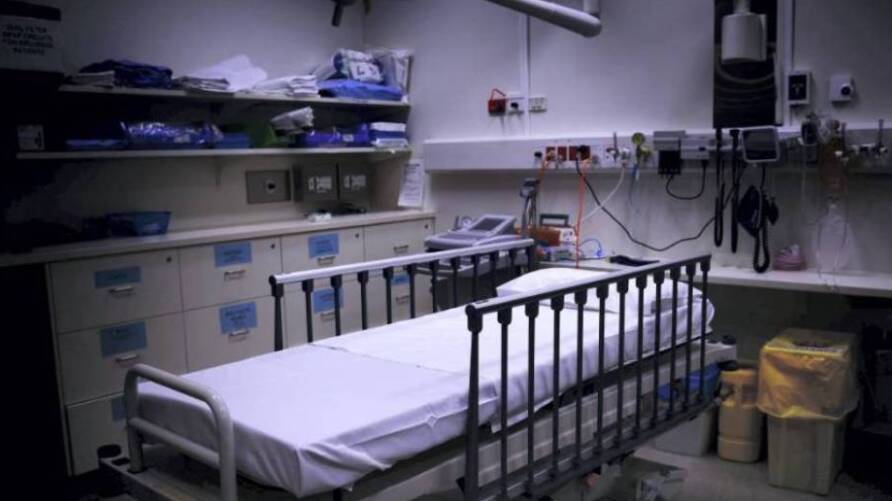
Elective surgery blitzes are only a temporary fix and Tasmania would benefit from more room in hospitals and systemic change, independent health analyst Martyn Goddard says.
Subscribe now for unlimited access.
$0/
(min cost $0)
or signup to continue reading
The Liberals on Monday committed to topping up the elective surgery budget by $120 million over the forward estimates should it retain government in the May state election.
Mr Goddard on Tuesday said elective surgery blitzes did not work.
IN OTHER NEWS:
"Despite four elective surgery blitzes since the government came to power, we've still got over 12,000 people on the statewide waiting list," he said.
"As the hospitals have got more and more incapable of bringing in any more patients, elective surgery blitzes work even less."
"Anything the government wants to order has got to be basically bought from the private sector because there is essentially no room or capacity in public hospitals to do any more than they are already doing."
Mr Goddard said this problem may have been avoided if the government had moved sooner on redevelopments to the Royal Hobart Hospital and Launceston General Hospital or if they put in place temporary facilities.
"Statewide, the natural increase in inpatient demand rises by about 5000 admissions a year or thereabouts," he said.
"If 5000 came along this year, if any of them are treated, it will be at the expense of somebody already on the waiting list.
"The people who are being treated are more complex and have longer stays in hospital because they are the ones that can't be ignored."
Health Minister Sarah Courtney defended the government's record on elective surgeries and capacity building within hospitals.
"We do know that we are getting increasing demand on our system though I reject the fact that we have done nothing," she said.
"We have a strong track record in delivering both capital infrastructure as well as delivering more staff."
Ms Courtney said investment in the form of blitzes into elective surgery worked as they resulted in lower waiting times.
"This additional $120 million will see more Tasmanians get their elective surgery sooner," she said.
What do you think? Send us a letter to the editor:


